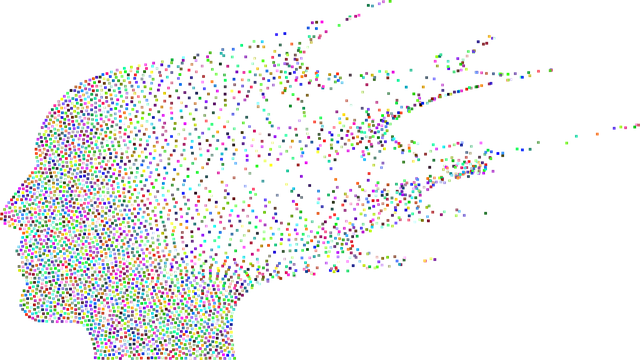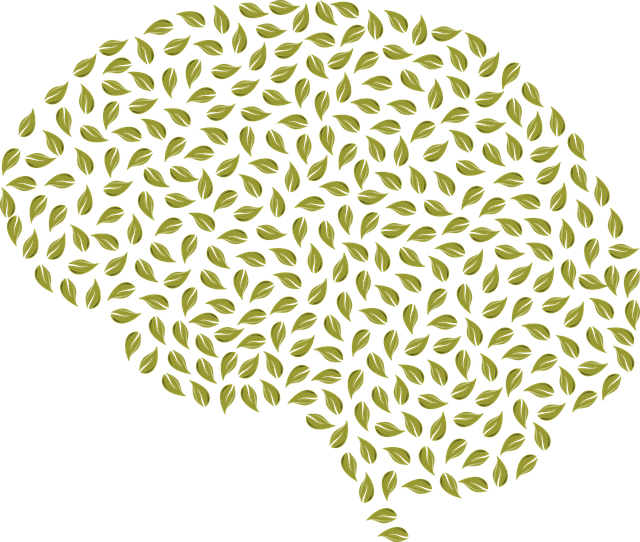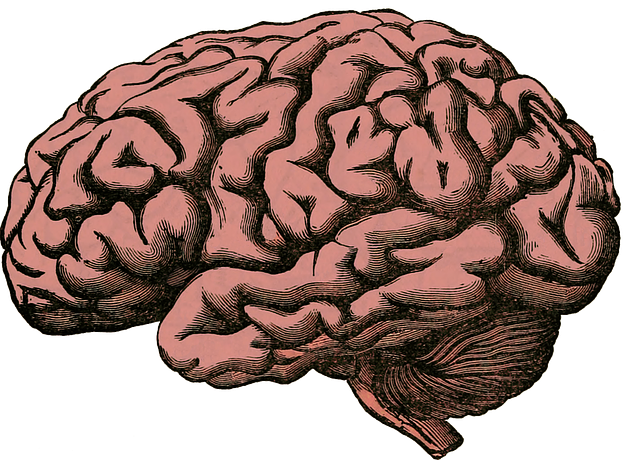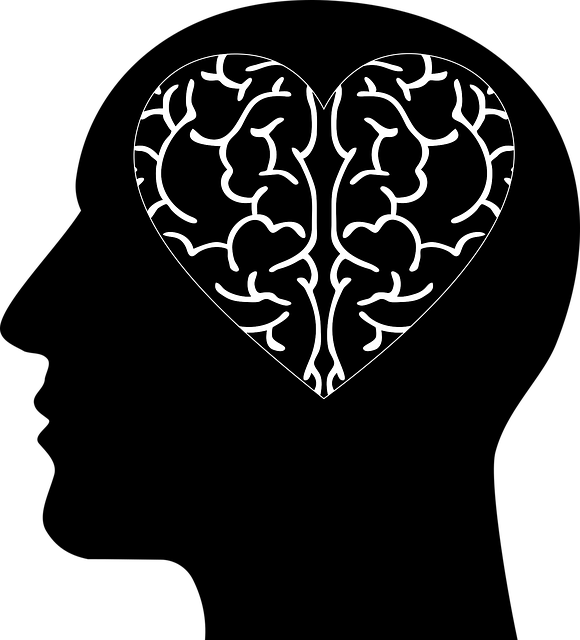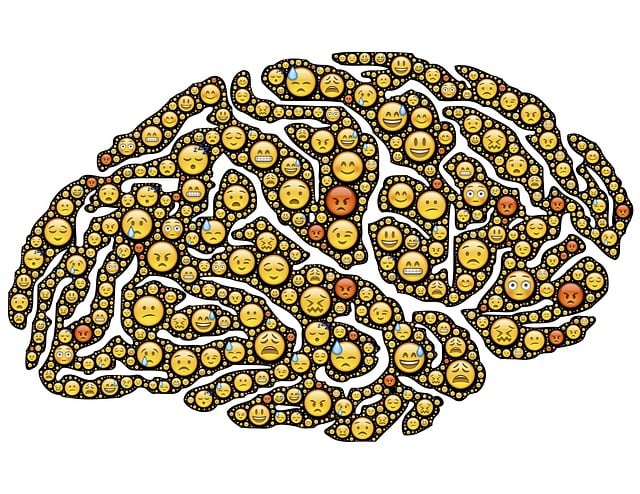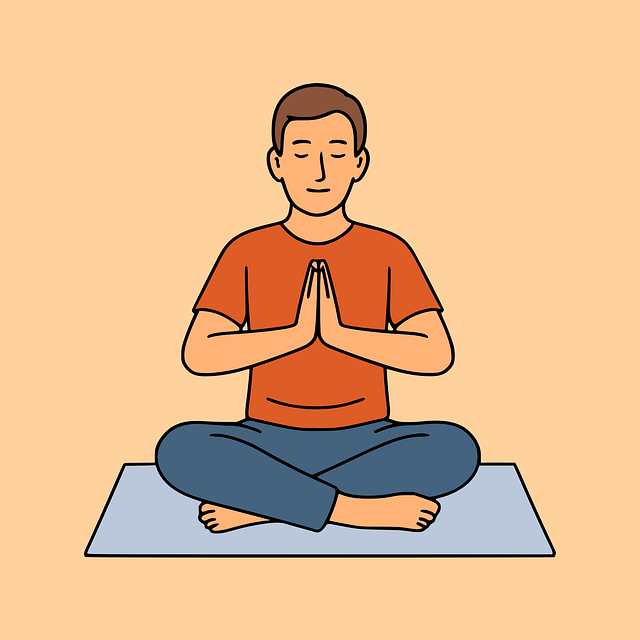Anxiety, a complex emotion influenced by genetics, environment, and life experiences, profoundly affects daily living. Recognizing its multifaceted nature is crucial for developing personalized coping strategies in Boulder cancer issues therapy. Practices like mental wellness journaling, exercise, and self-care routines enhance resilience. Key strategies include mindfulness meditation (5 mins/day), mental wellness journaling, coaching programs, and a holistic approach combining therapy with support systems. These methods equip individuals to manage anxiety, identify triggers, and develop personalized coping mechanisms, improving emotional well-being in Boulder's cancer-related challenges.
Anxiety is a prevalent challenge impacting many, but effective management techniques can foster well-being. In this comprehensive guide, we explore various strategies to navigate and overcome anxiety. We begin by unraveling the complexities of this emotional state, followed by practical daily management tactics. Furthermore, we delve into the transformative power of therapy and support systems for lasting relief. Discover how these integrated approaches can enhance your journey towards a calmer mind and improved quality of life, especially in navigating Boulder’s dynamic cancer issues landscape.
- Understanding Anxiety: Unraveling the Complex Emotion
- Practical Strategies for Daily Management
- Integrating Therapy and Support for Lasting Relief
Understanding Anxiety: Unraveling the Complex Emotion

Anxiety is a complex emotion that can manifest in various ways, affecting individuals’ daily lives and overall well-being. Understanding this intricate feeling is a pivotal step in managing it effectively. It often arises from a combination of genetic predisposition, environmental triggers, and life experiences, making it a multifaceted challenge to tackle. In the context of Boulder cancer issues therapy, for instance, patients may experience heightened anxiety related to their health and treatment outcomes.
Recognizing the unique causes and symptoms of anxiety is crucial in developing tailored strategies for coping. Many individuals find solace in practices such as mental wellness journaling, which allows them to express and process their emotions. Exercise guidance and self-care routines development for better mental health can also be transformative tools. By integrating these self-care practices into daily life, people can enhance their resilience and better navigate the challenges that anxiety presents.
Practical Strategies for Daily Management

In the journey to managing anxiety, incorporating practical strategies into daily routines can significantly impact one’s overall well-being. For individuals facing cancer issues in Boulder, a variety of simple yet effective techniques have proven beneficial. One powerful tool is Mindfulness Meditation, which encourages staying present and observing thoughts without judgment. This practice helps reduce anxious thoughts and promotes relaxation. Integrating short meditation sessions into daily life can be as easy as setting aside five minutes each morning or evening to focus on one’s breath and surroundings.
Additionally, Mental Wellness Journaling Exercises offer a creative outlet for processing emotions and thoughts. Writing down experiences and feelings related to anxiety allows individuals to gain perspective and identify patterns. This practice is especially valuable when combined with Mental Wellness Coaching Programs, which provide structured guidance tailored to individual needs. Such programs can equip folks with coping mechanisms, offering support and strategies to navigate anxiety-provoking situations, ultimately fostering improved mental wellness.
Integrating Therapy and Support for Lasting Relief

In the fight against anxiety, a holistic approach is often the most effective strategy. Integrating therapy with support systems can provide lasting relief for individuals facing various mental health challenges, including those dealing with cancer-related issues in Boulder. Therapy offers specialized tools to manage anxiety, focusing on identifying triggers and developing personalized coping mechanisms. It empowers individuals to navigate their emotions and gain insights into their thoughts, fostering a sense of control over their mental well-being.
Support plays a pivotal role in complementing therapy. Connecting with like-minded communities or support groups can help individuals feel understood and reduce feelings of isolation. Healthcare provider cultural competency training and stress management workshops organized by organizations focused on cancer issues are valuable resources. These initiatives ensure that mental health professionals are equipped to address the unique needs of patients, offering culturally sensitive care tailored to their specific circumstances.
Anxiety management is a powerful tool for enhancing quality of life, particularly in navigating challenging situations like Boulder’s unique cancer issues. By understanding anxiety’s complexities and employing practical strategies, individuals can effectively manage their daily experiences. Integrating therapy and support systems offers lasting relief, providing a holistic approach to overcoming anxiety and promoting resilience. With the right tools, it’s possible to live a more balanced and fulfilling life, even in the face of stress and uncertainty.
